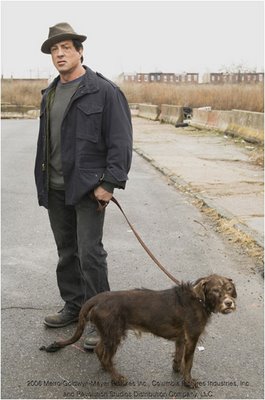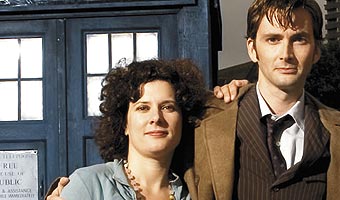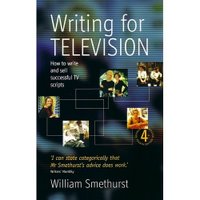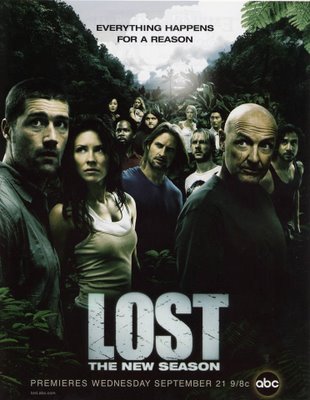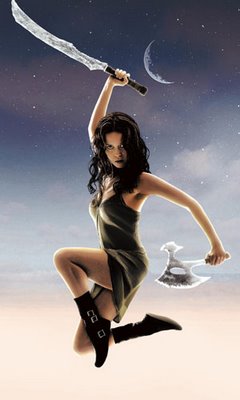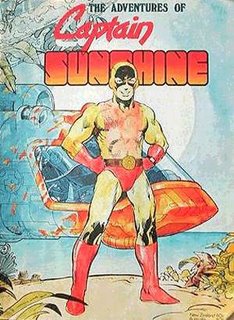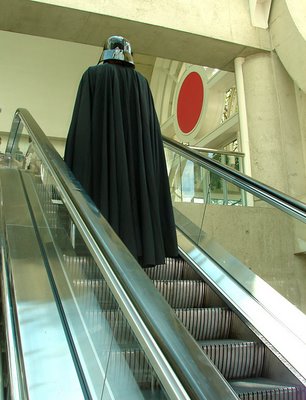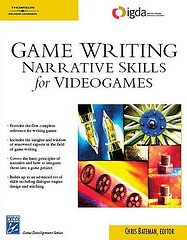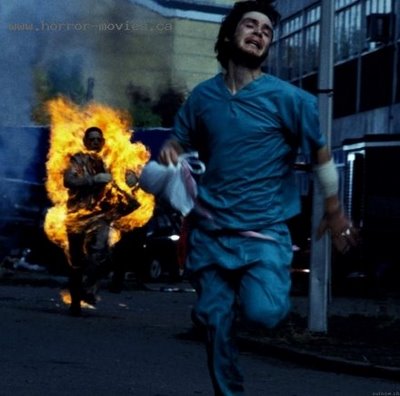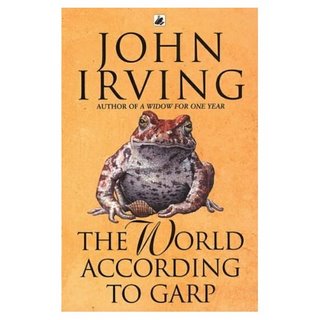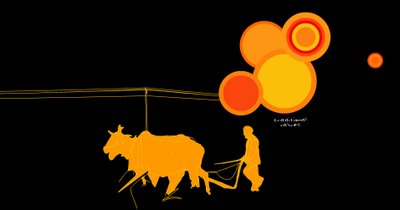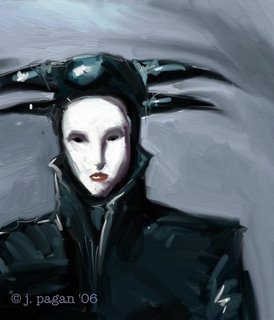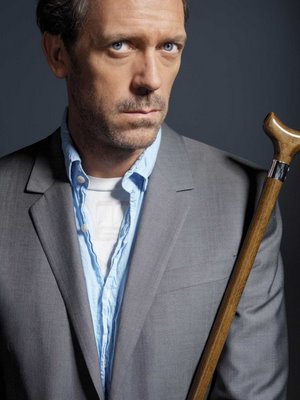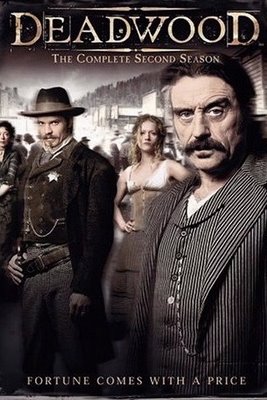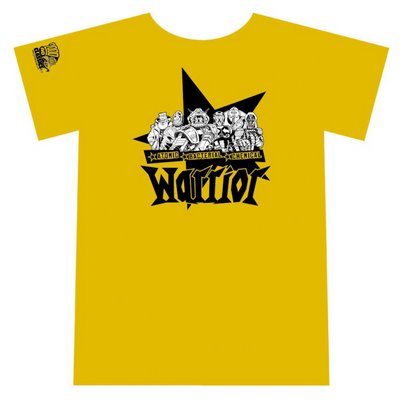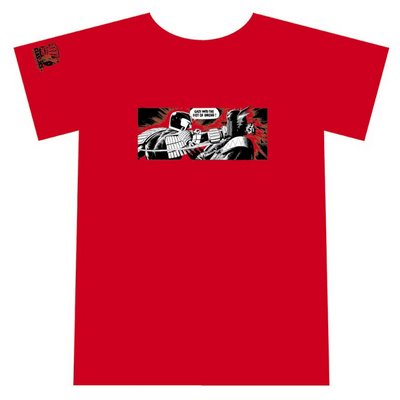 I'm hard at work revising, expanding and updating THRILL-POWER OVERLOAD, the history of legendary British science fiction anthology comic 2000 AD. TPO was originally published in the Judge Dredd Megazine during 2002 and 2003 to celebrate 2000 AD's 25th anniversary. The new version should be out next February as a big, shiny hardback to coincide with the comic's 30th anniversary. I'm estimating the book will contain 50% more material than appeared in the articles, and the original text is being completely rewritten.
I'm hard at work revising, expanding and updating THRILL-POWER OVERLOAD, the history of legendary British science fiction anthology comic 2000 AD. TPO was originally published in the Judge Dredd Megazine during 2002 and 2003 to celebrate 2000 AD's 25th anniversary. The new version should be out next February as a big, shiny hardback to coincide with the comic's 30th anniversary. I'm estimating the book will contain 50% more material than appeared in the articles, and the original text is being completely rewritten.As part of my labours, I'm endeavouring to interview all the people who eluded me during the original research. Some I've found, most I've persuaded to talk. Last time round, I didn't cover the Judge Dredd film in much depth. It's a huge topic, worth a chapter to itself, and there simply wasn't time or room to get into all of that. This time round, I'd like to give it a go. In an ideal world, I'd get interviews with the key players in the Dredd film - director Danny Cannon and star Sylvester Stallone. I figure my chances of getting Stallone to talk about the Dredd film are less than zero, so I'm starting with Cannon.
He was a longtime 2000 AD reader while growing up in Britain, and even sent the comic a mock-up film poster for a Dredd film in 1987. [Cannon opted for Harrison Ford as Dredd, Daryl Hannah as Anderson and suggested Ridley Scott should direct it - with Peter Gabriel providing the music.] Since the movie was released Cannon has become a key figure on America's top TV drama CSI. He's a writer, director and executive producer on the original CSI series and has contributed to both its spin-off, set in Miami and New York. Cannon has also continued directing films, most recently the first movie in the Goal trilogy.
I'm hopeful he might be willing to talk about the Dredd movie, now more than a decade has passed since its release. I can't remember how, but last year I tracked down a mobile number for Cannon's personal assistant. I called her on Friday and she asked me to send an email, detailing why I wanted to talk with Cannon and the book project. You know the best part of the conversation? When she gave me her email address at the production office of CSI, a show I love to watch. I've long since past the point of being starstruck, but sending an email to the home of CSI gave me a genuine thrill. It's nice to know something so simple can still make you smile.
For anyone who's interested, I've started a TPO blog to chart the book's progress - you can find it here.

